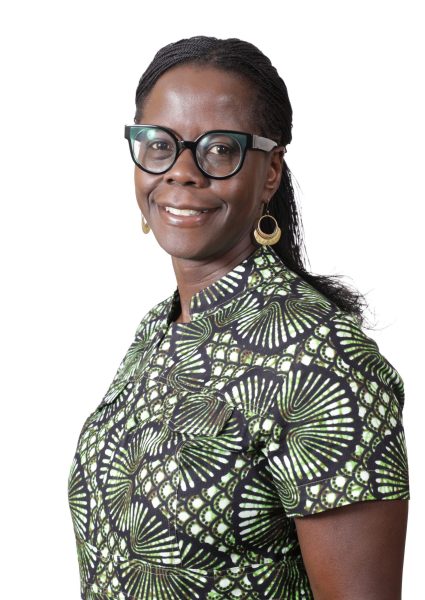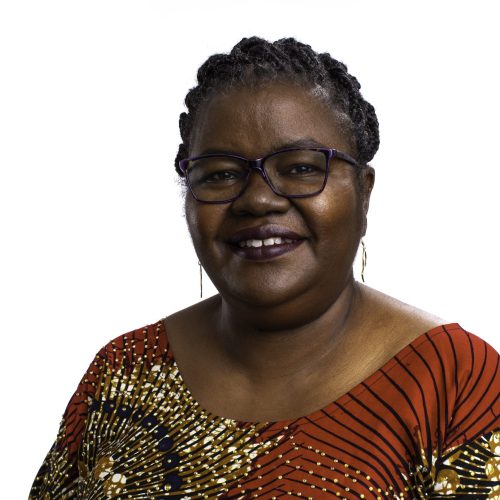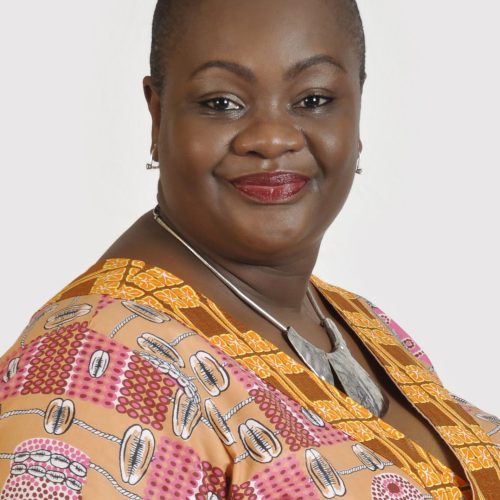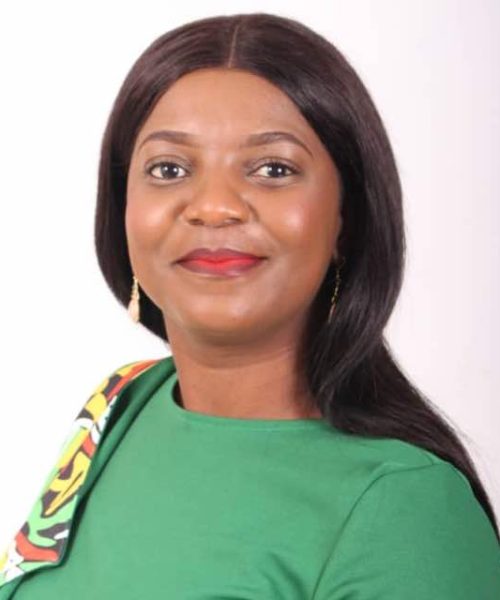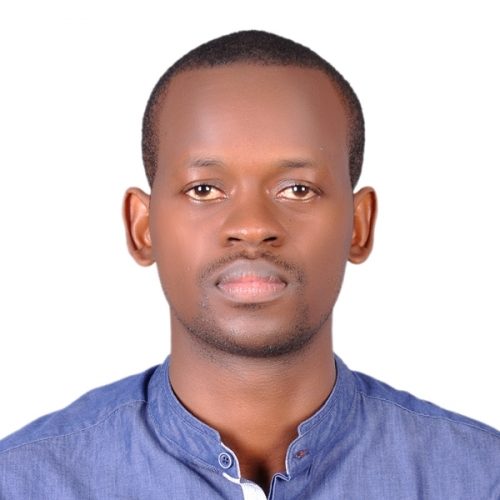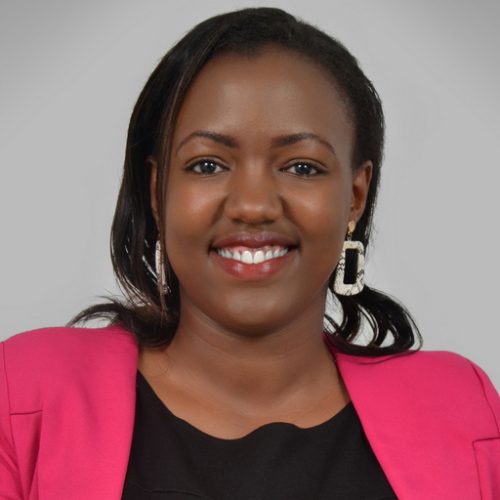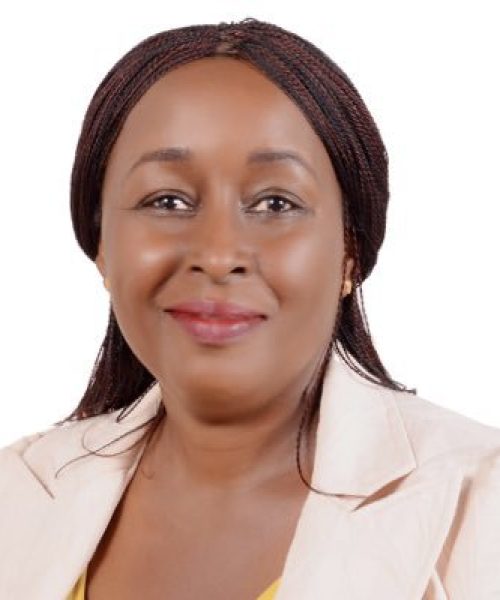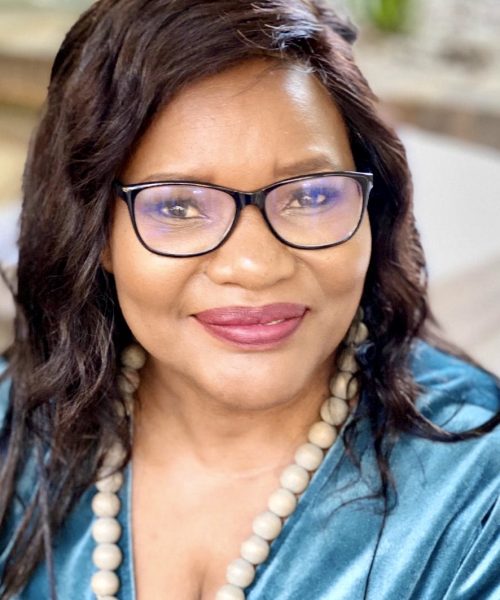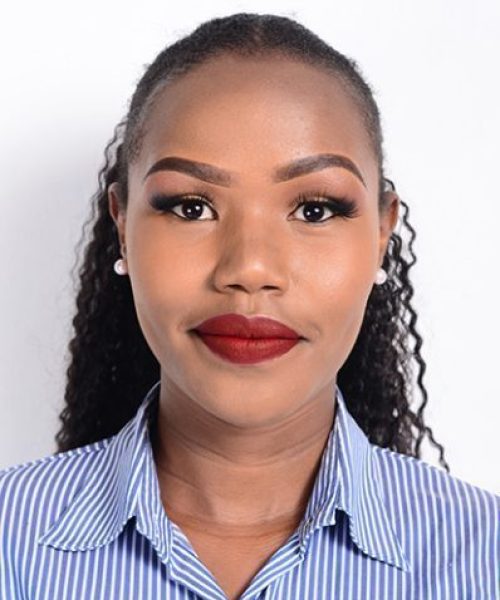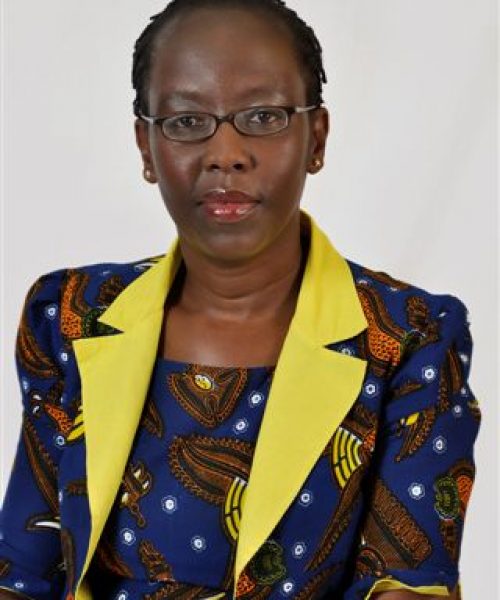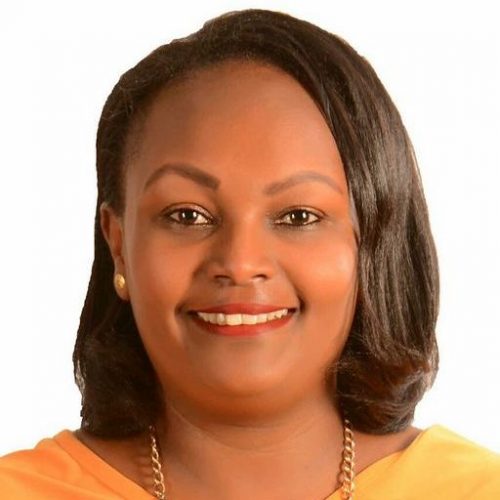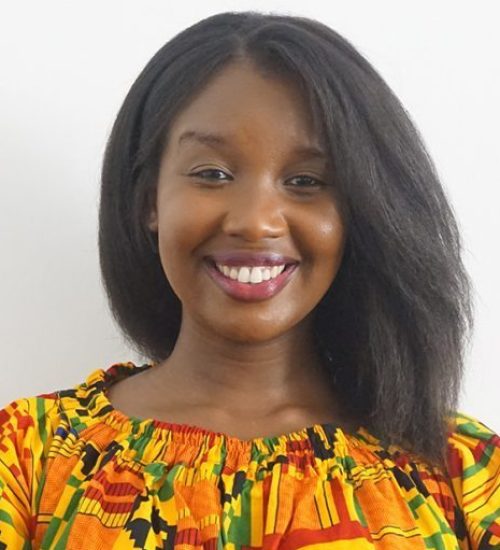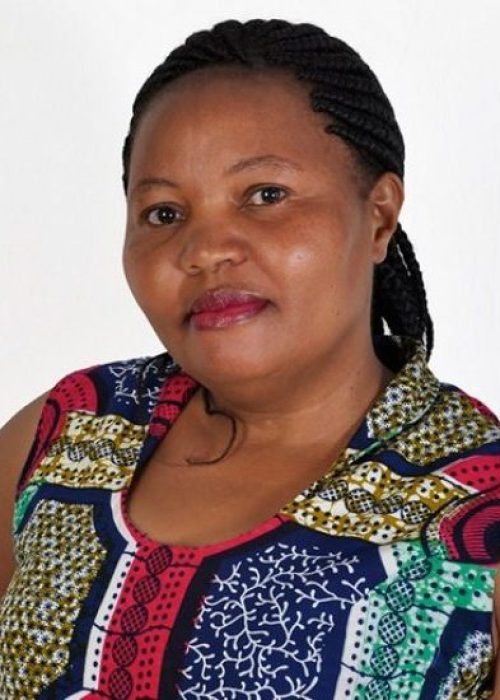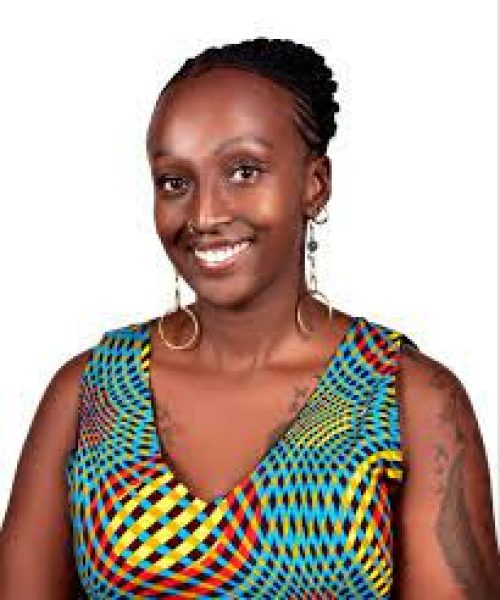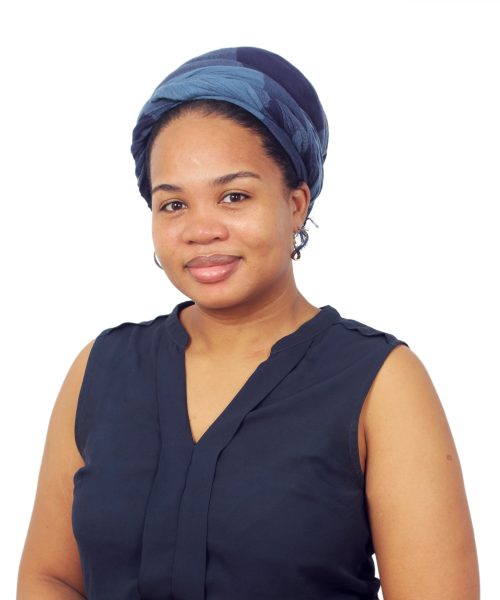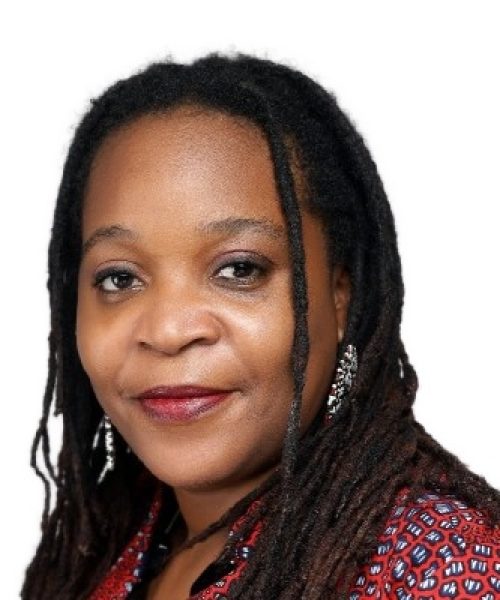
Healing is liberation: Centralising decolonial and collective healing praxis in feminist organising
Skye R. Tinevimbo Chirape
The ongoing project of dehumanisation – genocides, colonisation, enslavement – many persons from the global majority have been left socially divided, economically depleted, emotionally wounded, materially impoverished, and politically vulnerable (Gill and Thomson, 2021). Systems we have been left with tend to breed racism, homophobia, misogyny, transphobia, poverty, violence, and violent patriarchal systems. Resultantly, many of us are survivors and victims of trauma from systematic abuse, oppression, and violence, and we often come to movement spaces/ activist and feminist spaces hoping to heal our traumas through doing freedom work, liberatory and activist-practitioner work. Oftentimes, for the majority of activists, activist practitioners, freedom workers, and change-makers the work in itself does, and can re-activate trauma.
In recent years research has shown that unhealed trauma and its damaging effects can be transmitted intergenerationally (DeGruy Leary, 2005; Karenian et al., 2011; Yehuda & Lehrner, 2018) and that historical experiences of dehumanisation will continue to fuel racism, oppression, and other forms of violence (Gill, and Thomson, 2021). Therefore, unless we come to terms with this history (Gill, and Thomson, 2021), and challenge unjust social, political, and economic systems, generational trauma will continue unhealed, making it a challenge to achieve sustainable peace and well-being. Without healing, the harmful emotional historical brutalities of the past remain, festering within communities. On that account, there is a need to develop an understanding of trauma – everyday trauma, ongoing trauma, and historical trauma, and put in place psychosocial interventions and healing modalities that fit the circumstances of the contemporary fragmented and unjust world.
We are therefore called to center the idea that trauma, even if it doesn’t show up in expected ways, is always among us, within our communities, individually and collectively. Consequently, we need to think, rethink and incorporate this understanding in how we also center healing, individually and collectively, and rethink how that incorporated healing occupies individual, public, and collective spaces.
With black women and non-gender conforming persons continuing to be located at the marginal intersection of race, class, and gender, carrying injuries and traumas that have been shaped by colonialism and its legacies, we arrive in spaces of organising wounded. We, African women and non-binary persons have continuously been historically disenfranchised, colonised, objectified, and our identities violently constructed, which requires healing of ourselves — mind, spirit, and body — and this is crucial to feminism. In addition to violent historical conjunctures, every day and ongoing traumas produced by systems built to destroy us, we engage with work and communal spaces – it is in our roles as feminists, activists, activist-practitioners, freedom workers, activist-researchers, healers – where our traumas are re-activated and or we further experience vicarious trauma (Behari-Leak et al., forthcoming). Subsequentially, alongside the systematic loss of our communities’ healing traditions, activists, practitioners, and feminists are experiencing an increased state of burnout and mental health difficulties. We frequently feel depleted. To add to the effects of violence, oppression, and trauma in our communities and movements, the majority of freedom workers also tend to earn lower salaries and continue to be pushed to the margins of society. In actuality, many change makers and freedom workers often die in poverty and suffer premature deaths. Thus, it is important that organising, social movements, and healing are not separate. We need to consider how people show up in movements and organising spaces, how the spaces they show up to support their well-being, and the processes put in place to support and retain their wholeness.
Our communities require healing that believes us when we are hurt, when we say we are hurt and listens to us when we say what we need. Currently a majority of healing modalities – mainstream western biomedical and ‘alternative’ white, cis-gender, able-bodied therapeutic spaces, do not understand that we are the first and last authority on our bodies and minds. Mainstream psychology, psychiatry, and self-help services have historically been damaging to black people (Guthrie, 1976; Hilliard, 1978; Jones, 1974) and choose not to understand that we are still healing from racism, poverty, oppression, and generational trauma.
We need healing modalities and healers who understand that fact and can offer our communities their time and skills to help us heal, on an individual and collective level. Mainstream healing modalities continue to lack in their understanding of how colonialism, ableism, cultural theft, oppression, heteronormativity, patriarchy, white supremacy, racism, privilege and exclusionary systems maintain to affect healing systems that are available to our communities. They do not center community, or marginalised peoples’ knowledge and experiences. Our communities require healing that also acknowledges historical dehumanising acts, addressing the harmful effects of dehumanisation and co-imagining and co-creating conditions for systemic justice (Gill, and Thomson, 2021).
Feminists, organisers, and indigenous communities have for generations taken care of themselves, each other, and their communities, implementing collective care and collective healing. Feminist researchers and organisations have, for example, created spaces and opportunities for women who have experienced conflict, to share and document their experiences of conflict and sexual violence during conflict (See Okazawa-Rey, Margo with Ruth Ojiambo Ochieng, 2008). One such space was created through ISIS-WICCE’s healing work with women war survivors in northern Uganda (Okazawa-Rey, Margo with Ruth Ojiambo Ochieng, 2008).
In South Africa, the Sex Work Theatre Group (SWTG) was formed in 2019 as part of a collaborative research project with the African Gender Institute, the Centre for Theatre, Dance, and Performance Studies (University of Cape Town), and the non-governmental organisation (NGO) Sex Workers Education and Advocacy Task Force (SWEAT). Employing theatre-based practices to enable gender-positive approaches to well-being and add to discussions within the public and policy arena on making gender equality a central issue in the democratic, SWTG used participatory theatre and performance as a means to decriminalise and destigmatise sex work (Matchett & Kisubi Mbasalaki, 2020).
Historically, communities have actively focused on the intersection between theatre and performance, transformation and well-being (Matchett & Kisubi Mbasalaki, 2020), including drawing from drama, song, poetry, storytelling, gathering, food sharing, as remedies for resistance, radical care and as a way to actualise spaces of healing, care, and wellbeing. Feminists have looked to spirituality, drawing from radical black feminist traditions and African spiritual practices and beliefs, beyond that associated with religious practice.
African, black, and people of colour women deserve to have multiple paths to healing and, multiple paths toward recovery (Richardson, 2018). Historically African women have been known for orchestrating and practising radical models of collective and activist care, and active solidarity. We have responded to injustices and epidemics on the continent by forming our support and network groups, and our spaces of healing and care (Horn, 2019). During the AIDS epidemic, for example, African women communities from across the continent came together and created support groups, to fight the violent realities of living with the infection (Horn, 2019). Similarly other movements and individuals, in community with others have and continue to create physical spaces where black feminist activists, feminist scholars, and activist practitioners can retreat and engage with healing practices. Some of these tangible practices of care and healing, look like feminist Clinal Psychologist, Jude Clark’s retreats for black women, Professor Floretta Boonzaier’s (Hub for decolonial feminist psychologies in Africa) retreats for feminist researchers researching violence and trauma, Dr. Mmatshilo Motsei’s healing circles, Coumba Toure’s storytelling and knowledge sharing programs with young persons and women, the liberator and economist Nthupula Masipa’s practice as a witch and yoga teacher, Clinical psychologist Dr. Didi Sekoko-Biorn holistic healing retreat camp in Bostwana for change makers and young persons, indigenous Nkuthazo Alexis Dyalvane’s multidisciplinary, multi-sensory artist’s work with sound and ancestral ritual gatherings and traditional healer Vuyi Qubeka’s work as a way-shower, seer and energy medicine. The evidence for such legacies, and the construction of collective healing praxis, is expansive across generations, geographies, and realms.
Within academia, on the African continent, black feminist researchers have taken on the task of incorporating healing as a central methodology (Kessi, Suffla, & Seedat, 2022; Chirape, 2021; Boonzaier van Niekerk, 2021; Boonzaier & van Niekerk, 2019) and pedagogical approaches – carrying out a pedagogy of healing within classrooms, where learning is not separate from healing (see the works of educators such as Dr. Yaliwe Clarke, Skye Chirape, Dr. Leigh-Ann Naidoo) and of reclaiming and re-remembering of African indigenous knowledge systems (see works of Dr. Yaa Ashantewaa Ngidi, Dr. Mmatshilo Motsei). Similarly, Kenyan social, environmental, and political activist Dr. Wangari Maathai, founder of the Green belt movement spent years rallying women to heal the environment/ the wounds of the planet, thereby healing themselves, and society and reconnecting with spiritual traditions. Wangari Maathai has linked environmental protection with human rights. She wrote at length about the power of the tree. This understanding is prevalent, more so in recent years with more African women gathering together in forests, for forest bathing practices and ancestral rituals. In South Africa, many folks also continue to contribute to the legacy of healing, resistance, care, and justice through land and agrarian reform, land accountability, and putting women at the centre of land (see works of Stha Yeni) and at the centre of mining (see works of Dr. Asanda Benya & Dr. Hubist Kassa to name a few – Benya, 2017, 2018; Kassa, 2020). As well as spirituality being at the centre of Africa’s healing traditions for generations, it also plays a role in our work to heal the earth and there is an understanding that our healing also comes from land, from the earth.
Globally, black women and women of colour – continue to draw from and impart ancient knowledge systems, non-traditional healing methods, and alternative healing modalities. Some of those healing practices have been in the form of art, song, rituals, traditional healing, cosmology, knowledge creation, dance, knowledge ‘correcting’, reclaiming witchcraft praxis, truth-telling processes, practising vodun and herbal medicine. In her paper, Horn (2020) shares the work of the African Institute for Integrated Responses to Violence Against Women and HIVAIDS (AIR) and how they engage communities of women through music, song, and dance as methodologies that support healing. These are legacies and traditions of care and collective healing that have been passed from one generation to another and through social movements. African women have been moving away from individualised therapies as a remedy, and instead are considering more political ways of understanding distress and the roots of emotional stress, ill-health (Horn, 2020), repair, justice, and healing. In the absence of amends, and a lack of accessible care practices to sustain our movements, wounds from historical and continuing injustices will continue to maturate, leading to further internal/external conflicts and spiritual imbalances.
Collective healing is liberatory, and healing is liberation. Collective healing can, for our communities, be a physical, political, cultural, and social process of recognising injustice, repairing the harm done, restoration of resources, and triggering active processes of accountability (www.wehealforall.com, 2021). Collective healing is especially important for change makers, freedom workers, and feminist activist communities as it will not only support our emotional, psychological, and spiritual needs and experiences but also expands capacities to enable healing in our communities, families, and in ourselves (www.wehealforall.com, 2021). Collective healing develops our collective consciousness and an opportunity for deeper consciousness shifts that can lead to long-lasting cultural transformations, behavioural changes in societies, in our psyches, and structural changes (www.wehealforall.com, 2021).
The upcoming Feminist Republik festival in Kenya will be a site of healing, and disobedience to the architecture of systemic dehumanisation of our communities. Healing justice is an underpinning theme and praxis for the festival, and the plan to centralise remedial practices and rest will be liberatory for those participating at the festival. Geared toward repair, rest, healing, and replenishment the festival will gather feminists, traditional and indigenous healers, activist-practitioners, medical practitioners, organisers, media makers, cultural and memory workers, activists, artists, freedom workers, educators, bodyworkers, psychologists, counsellors, vodun/ voodoo practitioners, sound healers and more persons and resources linked and rooted in healing practices that our people have been doing for eons. The 2022 Feminist Republik festival is anticipated to be a soothing balm.
References:
- Behari-Leak, Y., Boonzaier, F., Carr, K., Chirape, S.R.T., Daya, J., Mhlangulana, A., Mosime, L., Mpofu,T., Thusi, K., & Zimri, C. (forthcoming). Unsettling knowledge production on gendered and sexual violence. Unsettling knowledge production on gendered and sexual violence. Social and Health Sciences Journal Special Issue. UNISA Institute for Social and Health sciences.
- Benya, A. (2017. “Excluded while included: Women Mineworkers in South Africa’s Platinum Mines”, (eds), Glenda Bonifacio, Global Currents in Gender and Feminisms: Canadian and International Perspectives. Emerald Press, pp.169-180.
- Benya, A. (2017). Going underground in South African platinum mines to explore women miners’ experiences, Gender & Development, 25:3, 509-522.
- Benya, A. (2018). “There is no change in Marikana: The perspective of women”, (eds), Maren Grimm, Jakob Krameritsch & Britta Becker. Business as Usual After Marikana: Corporate Power and Human Rights, Jacana, Johannesburg, (with Judy Seidman), pp 104-129, English translations, 57-5
- Boonzaier, F., & van Niekerk, T. (2021). Psychology and domestic violence against women 1. The Routledge International Handbook of Domestic Violence and Abuse, 27–39.
- Boonzaier, F., & van Niekerk, T. (Eds.). (2019). Decolonial Feminist Community Psychology. Community Psychology.
- Chigudu, H. (2020). Healing Through Rituals: A Guide for Sustaining Wellbeing and Activism.
- Chirape, S. R. T. (2021). Centring healing: reflexivity, activism and the decolonial act of researching communities existing on the margin. Psychology in Society (PINS) journal.
- DeGruy Leary, J. (2005). Post traumatic slave syndrome : America’s legacy of enduring injury and healing. Milwaukie, Oregon :Uptone Press.
- Gill, Scherto R. and Thomson, Garrett (2021) “Collective Healing to Address Legacies of Transatlantic Slavery: Opportunities and Challenges,” Genocide Studies and Prevention: An International Journal: Vol. 15: Iss. 3: 49–65.
- Graaff, K. (2021). The implications of a narrow understanding of gender-based violence. Feminist Encounters: A Journal of Critical Studies in Culture and Politics, 5(1), 12
- Horn, J. (2019). On Africa’s feminist frontlines, we need accessible care practices to sustain our movements. www.OpenDemocracy.net. Accessed on 12 October, 2022 https://www.opendemocracy.net/en/5050/on-africas-feminist-frontlines-we-need-accessible-care-practices-to-sustain-our-movements/
- Horn, J. (2020). Decolonising emotional well-being and mental health in development: African feminist innovations, Gender & Development, 28:1, 85-98.
- Hübl, J. and Avritt, T. (2020). Healing Collective Trauma; A Process for Integrating Our Intergenerational and Cultural Wounds. Sounds True.
- Karenian, H., Livaditis, M., Karenian, S., Zafiriadis, K., Bochtsou, V., & Xenitidis, K. (2011). Collective trauma transmission and traumatic reactions among descendants of Armenian refugees. The International journal of social psychiatry, 57(4), 327–337.
- Kassa, H. (2020). The crisis of social reproduction in petty commodity production and large-scale mining. In (pp. 123-140).
- Kaunda, N. & Chiweshe, . (2020). Mapping the terrain. Buwa! A journal on african women’s experiences, Issue 10.
- Kessi, S., Suffla, S., & Seedat, M. (2022). Decolonial Enactments in Community Psychology.
- Matchett, S, and Kisubi Mbasalaki, P. (2020). “Butoh gives back the feeling to the people.” Agenda, Agenda 34(4):1-13
- Okazawa-Rey, M. & Ojiambo Ochieng, R. (2008). In Conversation: Healing Work with War Survivors. Feminist Africa 10. 111–121
- Pain. R. (2021). Collective trauma? Isolating and commoning gender-based violence, Gender, Place & Culture,
- Phifer, H. (2017). “Black, Woman and Alive: Black Women’s Practices of Nontraditional Healing and Freedom” (2017). Expressive Therapies Capstone Theses. https://digitalcommons.lesley.edu/expressive_theses/1
- Richardson, J. L. (2018). Healing Circles as Black Feminist Pedagogical Interventions. In Perlow et al. (eds.), Black Women’s Liberatory Pedagogies.Gender and Women’s Studies, Western Michigan University.
- Tankink, M. & Otto, B. (2019). “Peace starts with peace of mind”: Study on the intersection between post-conflict trauma & peacebuilding in northern Uganda. Research report. Uganda: TPO Uganda.
- Wirtz, A. L, Poteat, T. C, Malik, M. & Glass, N. (2020). GBV against transgender people in the United States: A call for research and programming. Trauma, Violence & Abuse, 21(2), 227-241.
- www.wehealforall.com. (2021).What is “collective healing?” An emergent field of practice & inquiry. Accessed on https://www.wehealforall.com/writing/2021/4/26/what-is-collective-healing-an-emergent-field-of-practice-amp-inquiry
- Yehuda, R., & Lehrner, A. (2018). Intergenerational transmission of trauma effects: putative role of epigenetic mechanisms. World psychiatry: official journal of the World Psychiatric Association (WPA), 17(3), 243–257.

